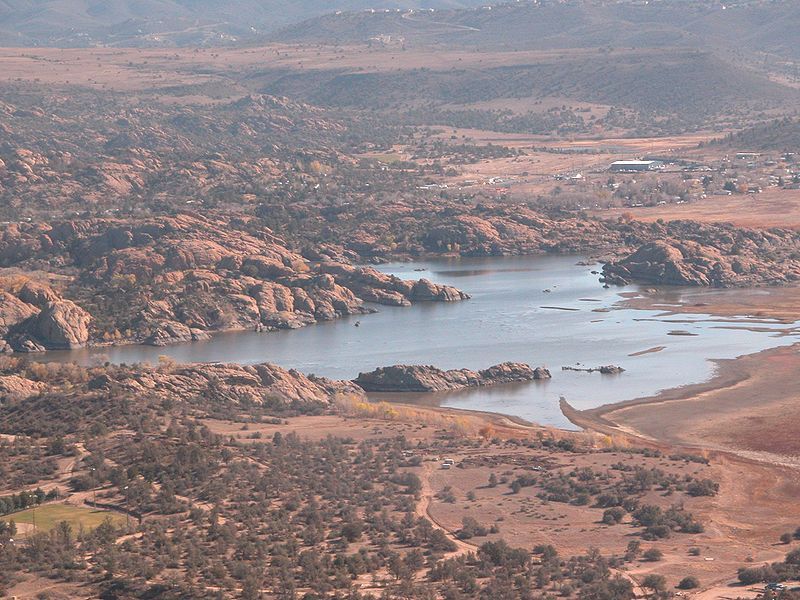US records second warmest summer
Whilst Britain has experienced its coldest summer since 1993, when the volcanic eruption of Mount Pinatubo cause worldwide cooling, the United States has experienced its second warmest on record according to NOAA's National Climatic Data Center (NCDC).

Whilst Britain has experienced its coldest summer since 1993, when the volcanic eruption of Mount Pinatubo cause worldwide cooling, the United States has experienced its second warmest on record according to NOAA's National Climatic Data Center (NCDC). It is an important reminder that global warming is indeed global and a cool summer in one place does not mean that we have had a cool summer globally, something the average person on the street often forgets.
The southern United States has experienced a scorching August, with below average rainfall continuing the drought seen in the area. The whole of the US through august was only 0.1 degree Fahrenheit away from the warmest august on record, whilst many of the southern states, including Arizona, Colorado, New Mexico and Texas experienced their warmest since records began in 1895.
Across the Atlantic, the complete opposite is occurring. The summer in the UK was the coolest in 18 years according to the Met Office, with only slightly less rain than last summer and below average sunshine levels. Predictions of the rest of September are also for more of the same.
It is an interesting contrast which shows that weather does not necessarily predicate climate. July 2011 according to the NCDC was the 7th warmest on record globally, which fits in well with the global trend of warming. Temperature anomalies over the year to date show a very warm year for Siberia, Europe, Central America and Africa, whilst there are only small regions where cooler weather predominated, in Australia and areas of the Pacific. Eleven of the last twelve years have been the warmest years on record and this year looks set to continue that trend.



_400_250_80_s_c1.jpg)


